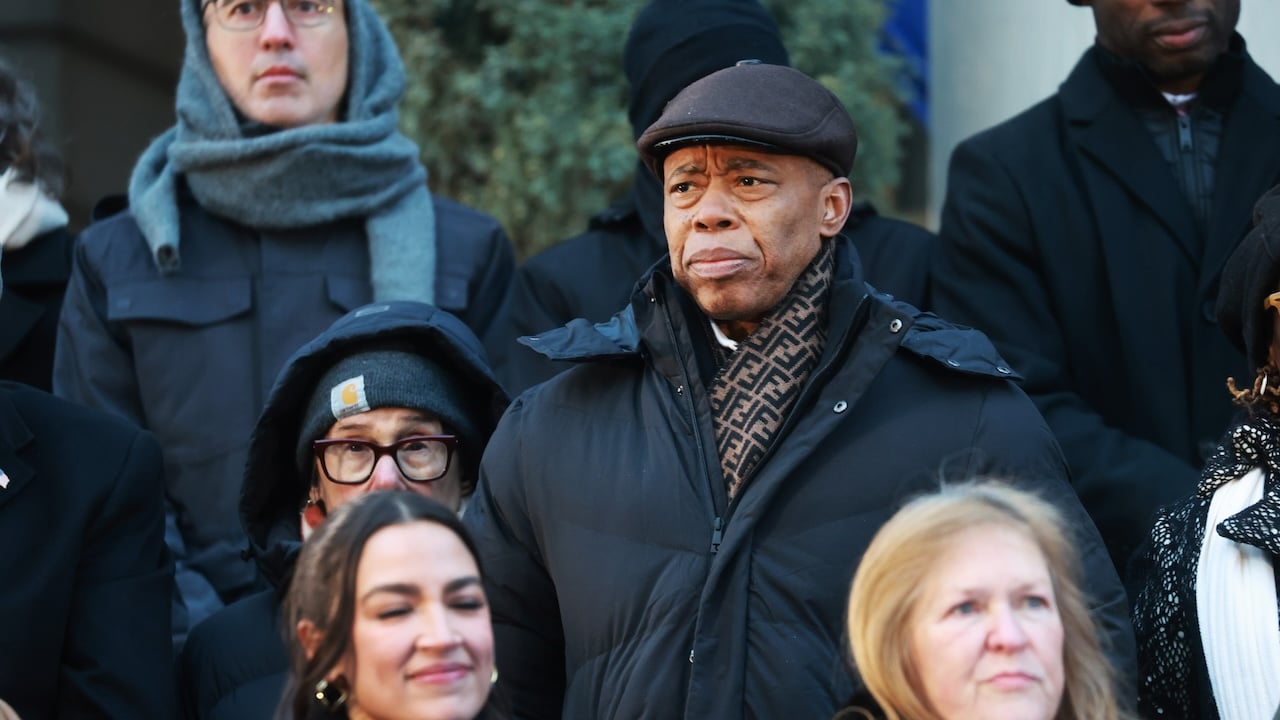Serving My Country, But Not Getting Paid

When the federal government shut down more than five weeks ago, many Americans worried about delayed paychecks and frozen services. For thousands of college students like me who are in Reserve Officers’ Training Corps (ROTC) programs, the effects have been especially personal because it has disrupted our tuition payments, scholarships, and even access to food.
Every morning at 4:30 a.m., a Howard University student and Army ROTC cadet, we’re calling Leilani Revus, wakes up for training. I’m not using my real name because I fear academic and financial repercussions while payments are frozen.
I’m serving my country, but right now, my country isn’t paying me.
Across the United States, the U.S. Army Cadet Command reports enrollment of more than 30,000 ROTC cadets across 274 programs nationwide. Overall, ROTC programs operate on more than 1,000 U.S. campuses. These programs provide federal financial support through tuition coverage, monthly stipends, and housing allowances. That support has been frozen or delayed since the shutdown began on October 1, 2025, leaving cadets across the country facing uncertainty about their pay and tuition disbursements.
The lapse in funding has created financial chaos for students who depend on those payments to cover basic needs. At Howard University, some cadets I know have taken on extra jobs or borrowed money to make rent. Students are taking on part-time jobs to cover rent and groceries. Most afternoons are now spent working instead of resting or studying, leaving us to run on just a few hours of sleep. As our energy drains, our coursework sometimes suffers, not from a lack of commitment, but from exhaustion.
ROTC instructors have also been affected. Though many are classified as “essential” and continue to report for duty, they are doing so without pay. Morale is low. They’re watching their scholarships freeze while trying to keep up with classes and physical training.
Due to the lapse in appropriations starting October 1, 2025, many agencies are operating without full funding. According to recent estimates, at least 670,000 federal civilians have been furloughed, and about 730,000 continue working without pay. The exact number varies by agency, and the Department of Defense remains partially funded through other means, although its civilian workforce may still face disruptions.
Nationally, Army ROTC programs are monitoring the shutdown’s impact on operations. While the U.S. Army Cadet Command has not issued a formal warning, continued funding delays could affect travel, training schedules, and access to federal instructors or resources. If the shutdown extends into mid-November, universities that rely on federal oversight or reimbursement for field exercises may face disruptions or postponements.
It’s like living between two worlds. Your professors still expect assignments, but the system that funds our education has stopped. You’re training to serve a government that, at the moment, isn’t serving you.
For now, Howard’s cadets like me continue to show up before sunrise for formation, unpaid but unwavering. We’re still training, still studying, still serving. But we’re tired and we deserve better.
What's Your Reaction?
 Like
0
Like
0
 Dislike
0
Dislike
0
 Love
0
Love
0
 Funny
0
Funny
0
 Angry
0
Angry
0
 Sad
0
Sad
0
 Wow
0
Wow
0





























